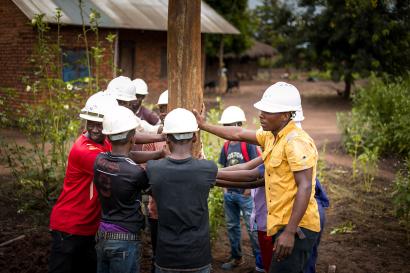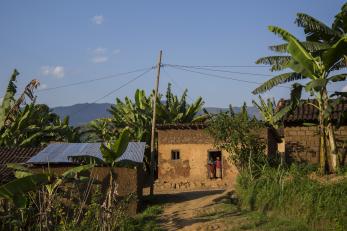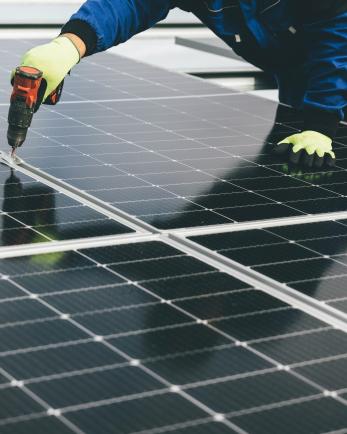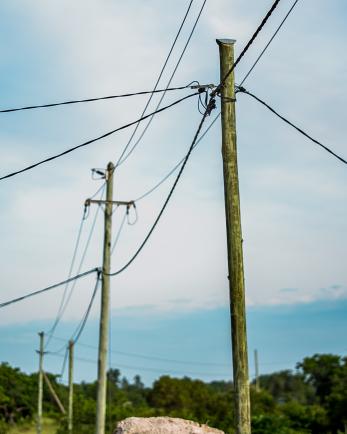Mini-grids & utilities

According to the International Energy Agency, for Africa to achieve sustainable energy for all by 2030, 40% of new connections will have to be through mini-grids. However, few mini-grid projects have been commercially successful in emerging markets because of the many challenges developers face, from gaps in policy and regulatory frameworks to difficulties accessing finance.
We offer specialized services to mini- and micro-grid project developers who are focused on building small-scale electricity generating and storage systems that connect to localized distribution networks and provide electricity to households and small businesses.
Our support enables project developers to overcome obstacles and advance their initiatives toward financial close and commissioning. Our comprehensive guidance covers market sizing, site selection, technical system design, business model development, financial feasibility, regulatory compliance, business model design, capital equity-raising, community engagement and improved operational performance.

Utilities
In its 2022 analysis, the International Energy Agency highlights how extending national grids represents the “least costly and most prudent” option for providing electricity access to approximately 45% of people who lack it.
However, while grid expansion and densification are vital components of African governments' efforts to improve energy access in underserved rural areas, these projects often grapple with a common challenge: low demand.
Increased availability of power often does not automatically result in new connections or greater power consumption. This means the ultimate purpose of the grid investment, to promote socio-economic development, is not being realized.
We assist utilities in their grid expansion projects by offering targeted interventions aimed at increasing power demand in newly connected communities, especially from local businesses looking to expand commercial activities and diversify services.
By unlocking on-grid productive energy usage, utilities can achieve higher connection uptake while simultaneously reducing costs per unit of connection. This approach not only creates a more sustainable customer base for expanded grids, but also enables communities to thrive economically.

